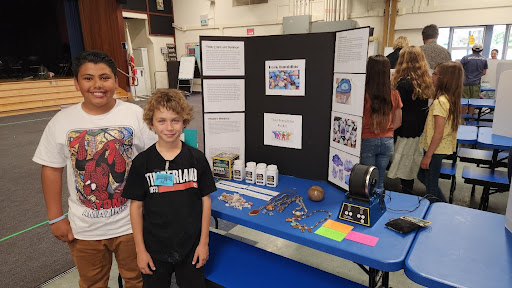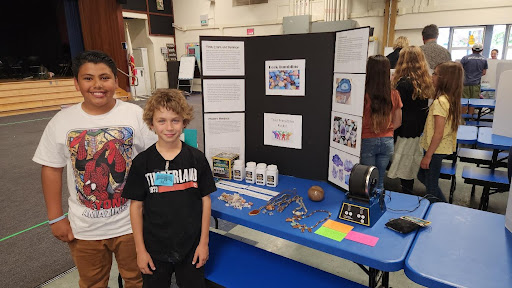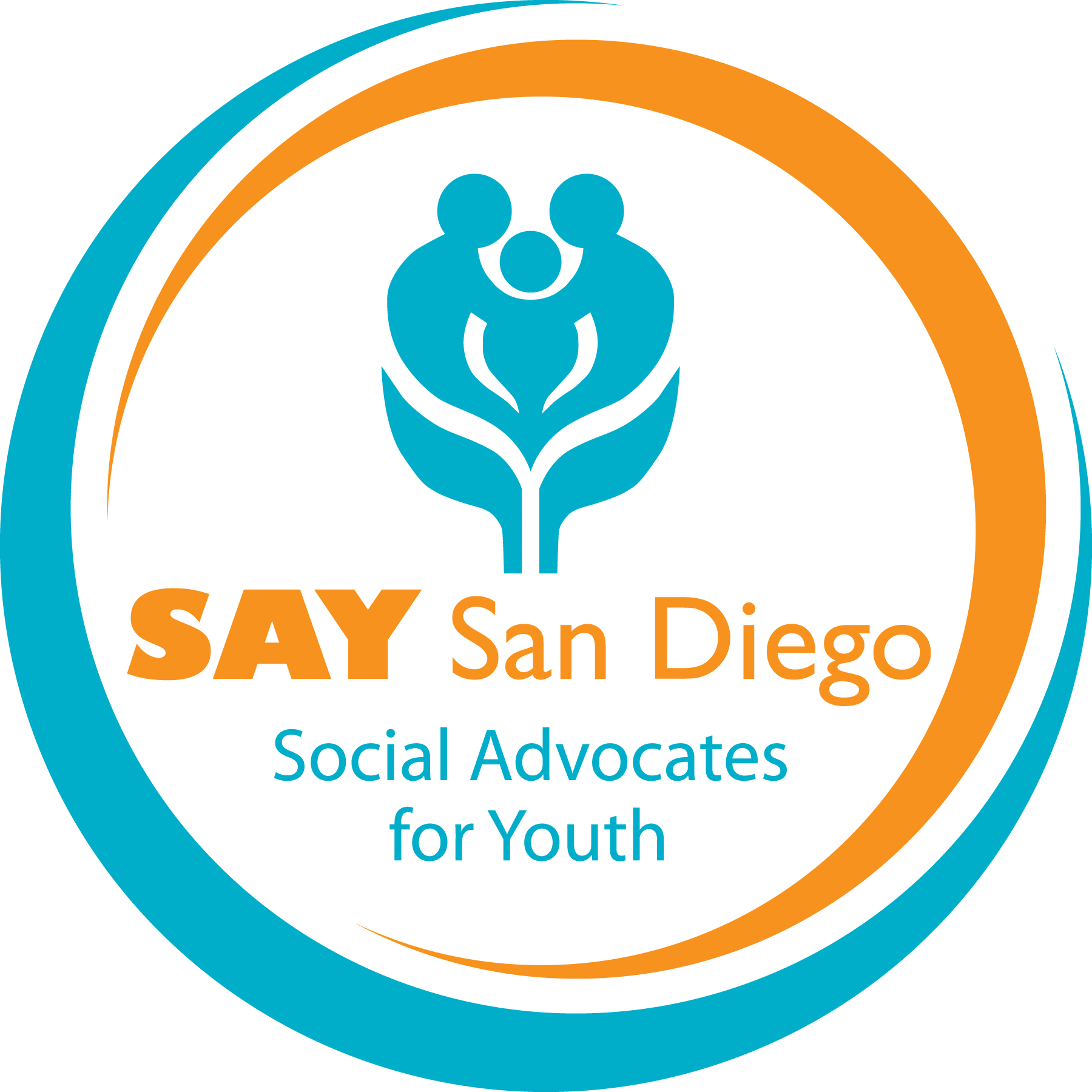Kroc School Students Create a Legacy That Lives On at SAY San Diego
Written By Social Advocates for Youth, San Diego

This blog post was written by Chris Jewell, Vice President, Child and Youth Development and
Nancy Gannon Hornberger, President and CEO at Social Advocates for Youth, San Diego (SAY San Diego).
“Sometimes we do something truly great, but as time passes it is unclear what the results may be. Yet, we do such great things with the hope and trust that our community and society benefit.” -- Nancy Gannon Hornberger, CEO, SAY San Diego.
Back in the spring of 2018, a partnership to do great things formed between SAY San Diego and the University of San Diego Kroc School’s Master of Arts in Social Innovation (MASI) Program when Professor Karen Henken connected her students with opportunities to do social good through field-based consulting projects.
SAY San Diego was matched with a MASI team consisting of four graduate students—Emily Cox, Jayne Eckels, Connie O'Brien, and Leslie Willis. SAY San Diego, established in 1971, is a social advocacy nonprofit promoting opportunity, equity, and well-being for all San Diegans, focusing primarily on children and families. The MASI students worked directly with the leadership of SAY's Child and Youth Development (CYD) impact area who serve more than 4,500 children and families daily in extended learning and enrichment programs. “To this day, I remember the MASI student-consultants were brimming over with ideas and commitment right from the start,” recalls Chris Jewell, SAY’s Vice President for Child and Youth Development.
As part of SAY’s mission to expand its social enterprise solutions, the organization sought the insights and creative expertise of the MASI students to envision a new specialty summer-break camp that has, now, after five years, expanded to a year-round initiative in STEAM—Science, Technology, Engineering, Arts, and Mathematics.
By doing field research with SAY’s child and parent participants, the MASI students learned that the arts were crucial to the success of the proposed camp – because arts could engage children who were already insecure about math and science and re-ignite their interests. Plus, the arts would make the children’s experiences more fun and memorable. Overall, the consultancy allowed the MASI team a rare chance to experience the inner workings of a large nonprofit while helping to increase the organization's capacity.
The MASI student partners also jumped right assessing the ideal STEAM program delivery. They visited a variety of SAY San Diego after-school programs, conducted in conjunction with San Diego Unified School District, to interview staff and students and thereby determined there was a high need and interest for STEAM programming at the elementary school level. SAY San Diego’s after-school programs were a perfect fit for providing these learning opportunities for STEAM education, especially in communities where students and families would not typically have access to such opportunities.
In summer 2018, SAY San Diego launched its first Full STEAM Ahead specialty camp. After witnessing the success of this first week-long specialty camp, we made the decision to expand the program, now called Full STEAM Ahead and seek necessary grant funding to do so. To this day, SAY San Diego continues to raise grants to support year-round STEAM programming at all of its 43 school-based program locations, in addition to offering week-long specialty camps three times per year. The year-round, Full STEAM Ahead program enables program leaders to plan and implement weekly STEAM activities. Once a month, SAY San Diego’s team of dedicated staff meets in the evening for fun, hands-on professional growth sessions that increase their knowledge and allow for sharing of creative ideas.
 Local students exhibiting their STEAM-based project
Local students exhibiting their STEAM-based project
STEAM based learning helps students attain tools and methods to explore new ways to problem-solve, innovate, gather and display data and learn about multiple fields of study. Through STEAM education, young students are exposed to concepts that they may not otherwise learn in the regular classroom, inspiring them to pursue richer, positive paths in life. In addition to STEAM concepts, the children build skills beneficial to daily life such as communicating effectively, critiquing art, presenting research, collaborating with peers for group projects, and demonstrating results in a variety of mediums.
Increased interest and participation of girls is one of our most satisfying results. Currently, women make up only 34% of the workforce in science, technology, engineering and math (STEM) professions and men vastly outnumber women majoring in STEM fields in college. The gender gaps are particularly high in fast-growing and high-paying jobs of the future, like computer science, green energy and all areas of engineering.
When 2018 MASI student, Leslie Willis, was contacted recently, she stated, “Wow! I am so glad to hear the programs are going so well. It’s neat to be a part of the early stages of a program and see it continue to do well years later.”
"Collaborating with the SAY San Diego team for this project as a MASI student was a very rewarding and enjoyable experience. The members of my team and I gained valuable social innovation consultancy experience while directly benefiting a local community organization. It's wonderful to see that the STEAM camp we proposed is now flourishing five years later," she added.

About the Author
Social Advocates for Youth, San Diego
SAY San Diego’s mission is to partner with youth, adults, families, and communities to reach their full potential. Their vision is opportunity, equity and well-being for all San Diegans.





